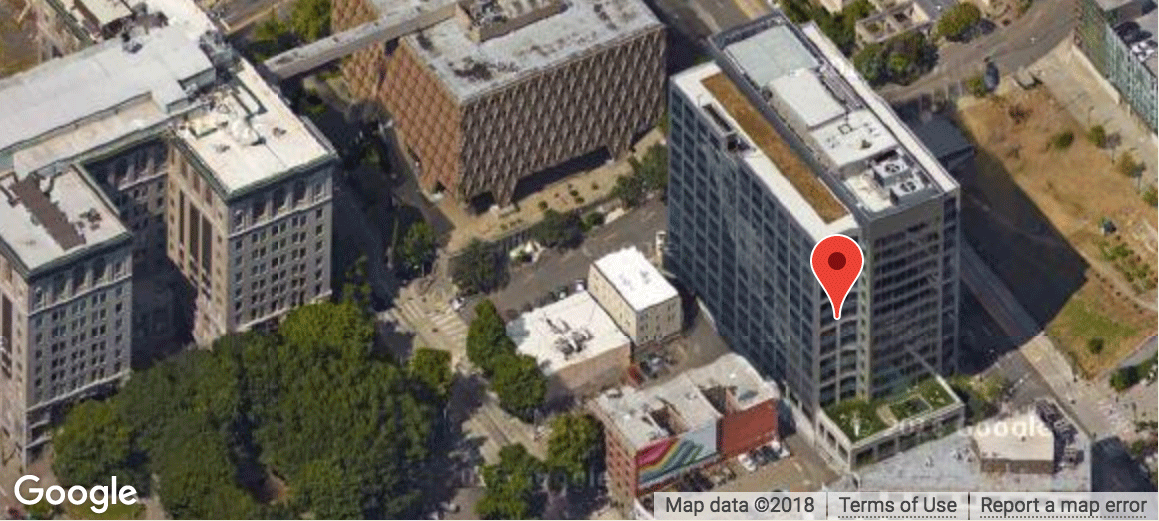Executive begins right-sizing of Metro Transit with move to more on-demand DART service
Summary
King County is moving ahead with the “right-sizing” of Metro Transit bus service to more closely reflect actual ridership, in line with legislation recently approved by the Metropolitan King County Council to enact the Congestion Reduction Charge.
Story
King County is moving ahead with the "right-sizing" of Metro Transit bus service to more closely reflect actual ridership, in line with legislation recently approved by the Metropolitan King County Council to enact the Congestion Reduction Charge.
"Converting three lower-performing routes to more cost-effective Dial-A-Ride-Transit will increase coverage and convenience and present an attractive alternative for new and existing riders, while saving Metro more than $400,000 a year," said King County Executive Dow Constantine. "This 'right-sizing' of service will ensure that no community currently served by Metro will be left without transit options."
Metro's Dial-a-Ride Transit (DART) features flexible routing to increase rider convenience. Within defined areas riders can call in advance to request the bus pick them up at home or another location, or ask the driver to drop them where they need to go. DART service operates in vans that can negotiate places that larger buses cannot.
"I'm pleased to see the results of the negotiated Transit Package already going into effect," said Council Vice Chair Jane Hague. "Putting smaller vans on routes with lower ridership due to their rural character is a common-sense move. The new focus on 'right-sizing' is very important to the Eastside and rural King County, and I commend the Executive for taking the initiative to quickly implement this reform."
"Maximizing transportation alternatives for citizens on the Eastside is critical," said Councilmember Kathy Lambert, who represents Northeast King County. "'Right-sizing' allows for flexibility in route planning and will be key to maintaining transit options for our customers. On the ground, people will see the difference as there will be more appropriately-sized buses driving down the road. Ultimately, expanding the DART service will result in more cost savings and further our ongoing efforts to make Metro more efficient."
"Moving forward with action to right-size our transit system in outlying areas is the first step in our commitment to continue implementing reforms and efficiencies at Metro Transit after the adoption of the Congestion Reduction Charge," said Councilmember Larry Phillips, Chair of the Transportation, Economy, and Environment Committee and sponsor of the Congestion Reduction Charge legislation. "An important next step will be cutting low performing routes and reinvesting those hours to address overcrowding elsewhere in our system."
Conversion of three lower-ridership routes to DART service in the February 2012 service change will save Metro more than $400,000 a year:
East King County
- Route 251 currently connects the University of Washington-Bothell and Cascadia Community College campuses with the Redmond Transit Center via Avondale Road and downtown Woodinville. While Metro is still developing which parts of the route are best suited to DART service, potential areas for flexible routing could include locations in downtown Bothell, English Hill, and downtown Redmond.
South King County
-
Route 149 travels from the Renton Transit Center to Enumclaw via State Route 169. DART areas are likely to include locations in the city of Enumclaw and other communities along the way.
-
Route 186 currently provides service throughout the day, six days a week, between the Auburn Sounder Station and Enumclaw via State Route 164. Peak service that connects commuters to the Sounder will continue as a regular bus route. Midday service would be shifted to DART operations. Possible DART areas in Auburn, Enumclaw, and the Muckleshoot Reservation are being considered.
In a letter sent today to the Council, the Executive also took action to preserve Metro's transit system by formally withdrawing the proposal to cut 100,000 service hours in the February service change. Council enactment of the Congestion Reduction Charge (CRC) on August 15 averted the need for 600,000 hours of service cuts that would have reduced the Metro system by 17 percent and affect four of every five riders.
While Metro will still reduce or eliminate at least 100,000 annual hours of low-performing service over the next two years, passage of the CRC will enable the County to reinvest those service hours back into the system in a more efficient way to relieve overcrowding on more productive routes, improve on-time performance, and satisfy unmet transit needs in areas throughout the county.
"Approval of the CRC not only preserves mobility in King County, it also sends a message to the state legislature that transit matters to us in King County, and that we can work collaboratively to implement the funding tools granted to us," said Executive Constantine.
Learn more on how Metro can have a sustainable future at:
www.kingcounty.gov/metro/future

 Translate
Translate

